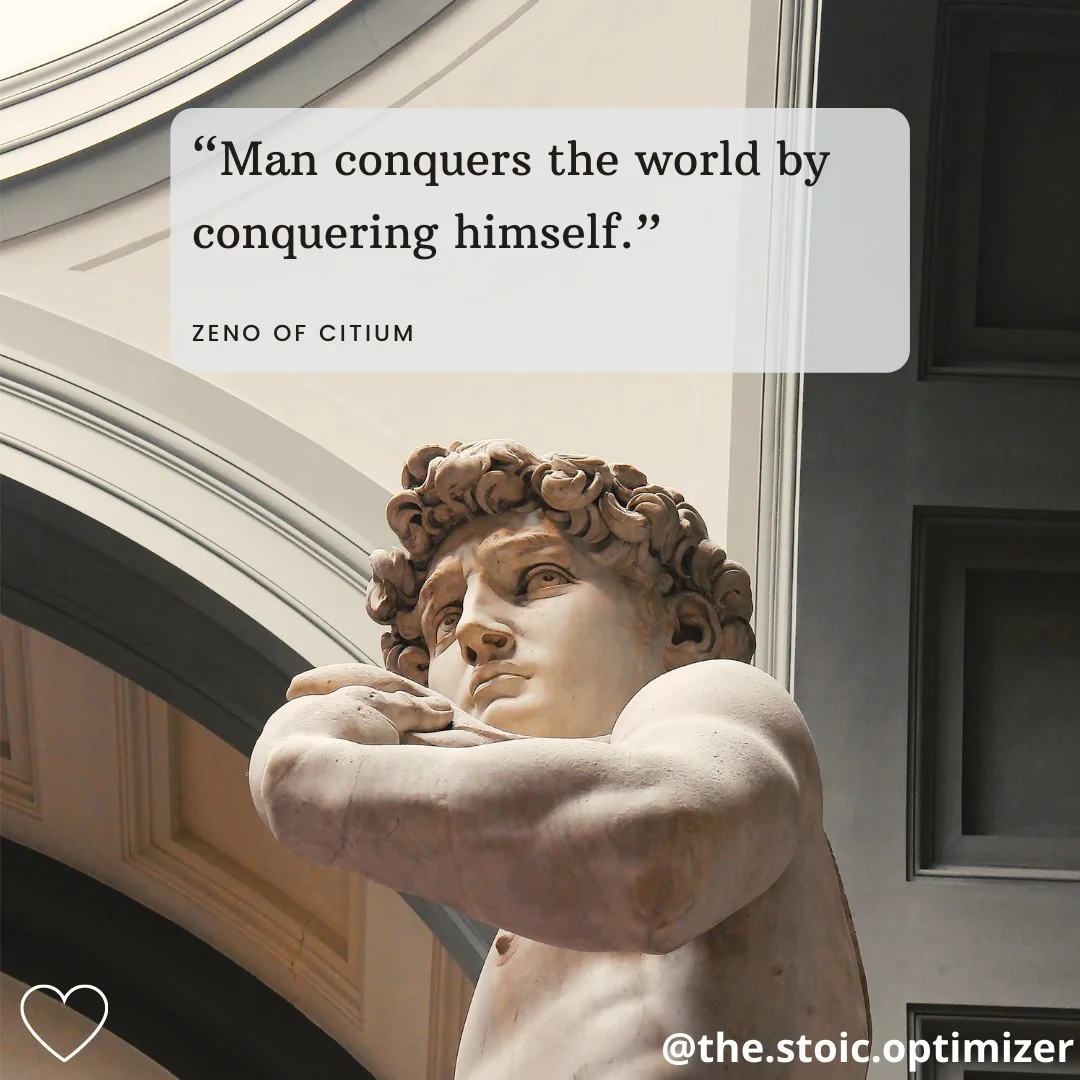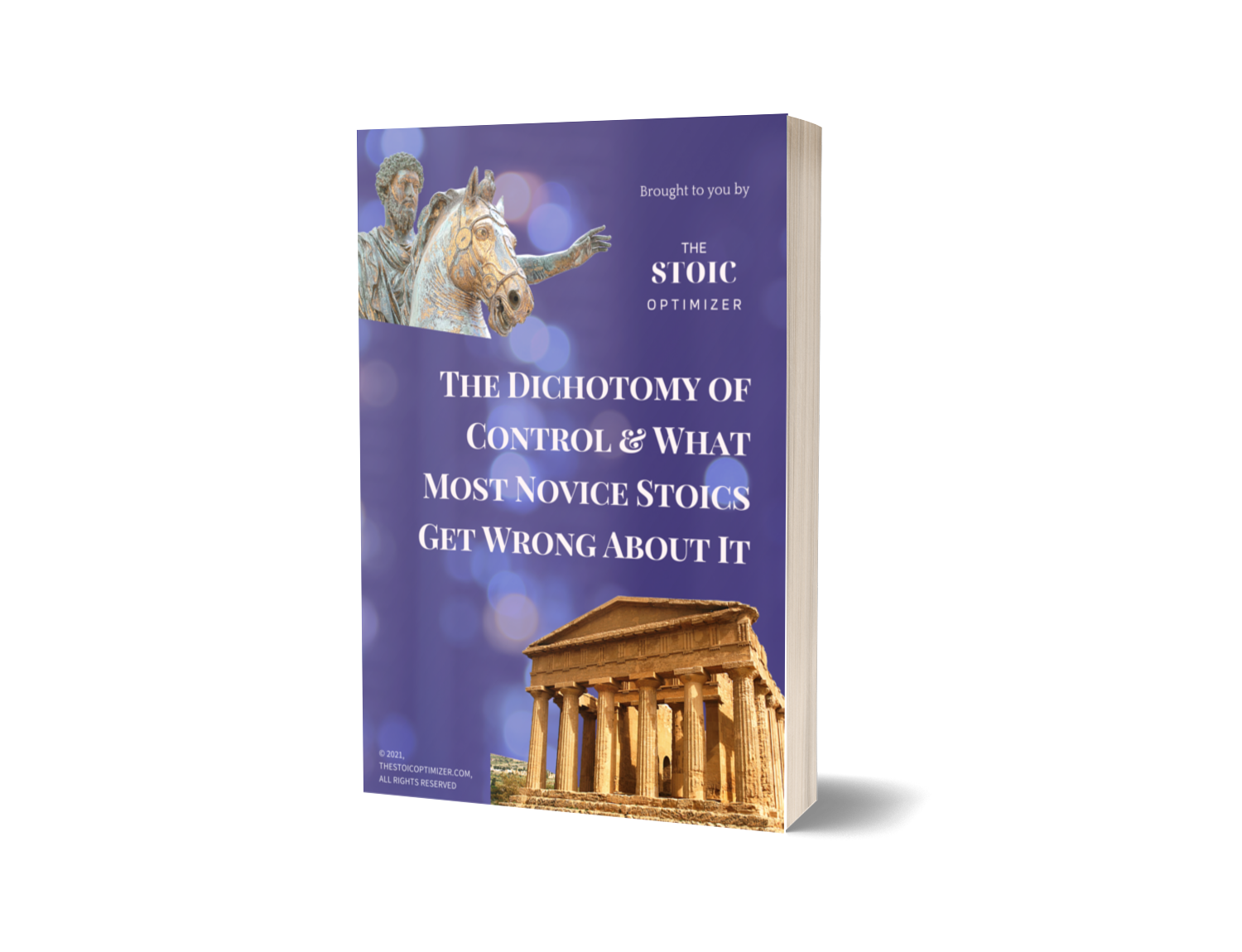Here's the thing: you can't start living your best life until you've figured out what that life looks like. Self-awareness is the key to understanding how to position yourself in the world in order to live your most authentic life. This makes it one of the main components of the Stoic Optimizer philosophy.
Why Is Self-Awareness Important?
Consider this: you have the perfect life you've always wanted. As you're preparing to sail off into the sunset, you expect to be elated, but instead there's this nagging feeling deep down asking you "Is this all?"
If you're thinking "this can't ever be me", look back towards a huge milestone you reached that didn't satisfy you as you'd hoped. Not one of those that have you begging for higher highs (that's just the hedonic treadmill) - one of those that made you want to be someone else entirely.
This sinking feeling you can't really put your finger on is likely due to a mismatch between who you really are (and by this I mean who you are when you've reached your full potential) and the goals you've set for yourself. The cure for this malaise is self-awareness.

The Ancients recognized the value of self-awareness - the inscription on the pronaos of the Temple of Apollo in Delphi remains memorable in its simplicity: "Know thyself".
It sounds like the plainest of requests; heeding it should come as second nature, so why is it so difficult to give a definitive answer to why you picked a particular friend, why you chose the career path you are currently pursuing or even to questions less fraught with emotions such as why you favor the dishes of one cuisine over another?
What Is the definition of Self-Awareness?
You're self-aware when you possess minute knowledge of all the nooks and crannies of your individuality.
Notice that I said minute and not complete. It would be foolish to believe you could ever achieve 100% self-awareness, but you can gain proficiency, as you would when learning a language. Think of it as something that compounds: every little piece of knowledge you acquire about yourself will build up exponentially on the path to ultimate freedom (from suffering, the outsized influence of others, from your fears etc).
Wait. Does self-awareness imply that one's personality is fixed and should be treated like a textbook to be studied and mastered? No, not really.
While it is always in our power to change for the better, harnessing self-knowledge makes the process easier. Understanding where our thoughts and reactions are coming from can help us unlock the positive behaviors we wish to develop. It's not that other ways aren't possible, it's that they are far less efficient.
What Is Gained Through Self-Awareness and What Are The Perils of a Lack Thereof?
First of all, it's not selfish to dedicate an important chunk of your time to getting to know yourself better: it will make you an even more decent human being and this indirectly makes the world a better place. There. It had to be said. Now let's look at some of the other benefits of gaining that precious self-knowledge, as well as the pitfalls of failing to do so.
The Benefits of Self-Awareness
The Risks of a Lack of Self-Awareness
How Can You Become More Self-Aware?
Maybe I've convinced you that you need more self-awareness to become the best version of yourself, or maybe you're just willing to try to increase yours cause it can't hurt. Either way, you'll need a couple of ideas on how to develop it quickly.
Gaining self-awareness is a lifetime practice. I make sure to spend at least a few minutes a week training this philosophical muscle. If you need some inspiration, I'm posting the week's prompt on social media every Saturday to keep myself accountable and to help you on your journey. Follow me using the links below:
This post is part of a series called First Principles.
Read more about the foundations of the Stoic Optimizer philosophy from the other posts in the series:

